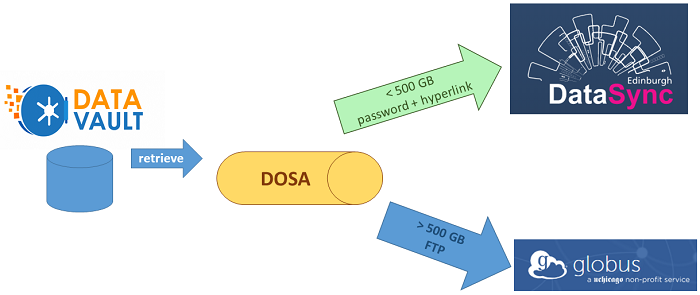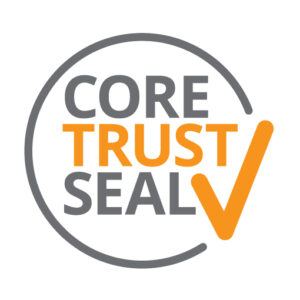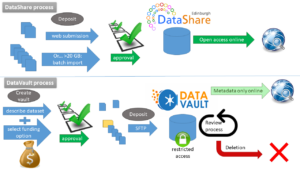University of Edinburgh has been chosen as one of 12 European institutions to host sponsored short secondments for data professionals in Open Science, as part of the Skills4EOSC Horizon Europe project. Whilst the Digital Curation Centre is a partner in the Skills4EOSC project (EOSC is the European Open Science Cloud), the Research Data Support team has been asked to be the primary host for the secondment, so the ‘fellow’ can participate and engage in the team’s day-to-day activities in supporting and training researchers in an academic setting.

The project aims to develop common methodologies, activities and training resources to unify the current training landscape into a collaborative and reliable ecosystem and to provide dedicated community-specific support to leverage the potential of EOSC for open and data-intensive research. A number of enquiries have already been received and plans are currently underway with Library Research Support and the Digital Curation Centre (DCC) to support the application of a European candidate to work with the team for a month in either April or July, 2024, with a deadline for the application of 31 October. More information is at https://www.skills4eosc.eu/participate/fellowship-programme.





